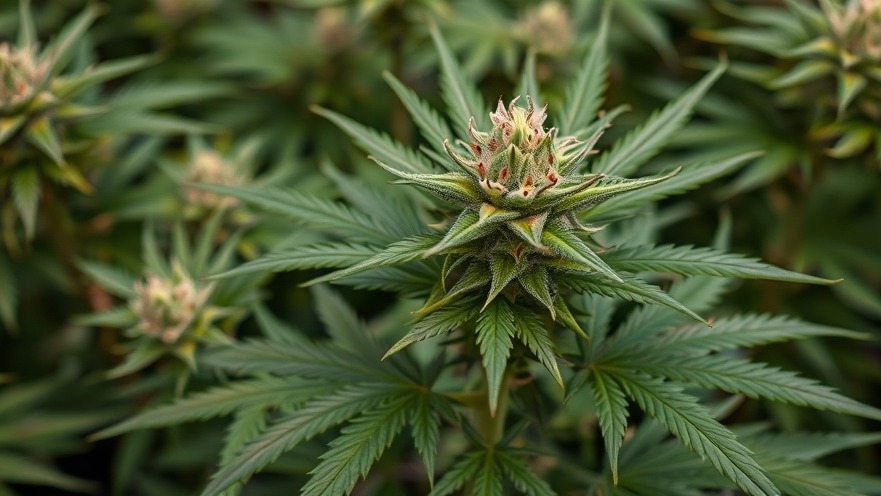
Hemp-Derived THC: A Lifeline in Rural Texas
Rural Texans are finding hope and relief in the use of hemp-derived THC, which has become an economic and health lifeline for many in small communities. As debates intensify over potential bans on such products, residents emphasize the importance of access to THC amidst significant health and addiction challenges facing their towns.
The Health Crisis Driving THC Use
In communities like Midway, the desperation is palpable. Vibrant memories fade as the effects of substance abuse cast a shadow over these areas, with visible reminders of tragic losses peppered across the landscape. Faded billboards of young victims of addiction serve as a constant reminder of the harmful grip of alcohol and more potent drugs. Here, local residents assert that hemp-derived THC has provided them with a healthier alternative, stepping in where prescribed medications have failed to reach.
From Addiction to Recovery: Personal Stories
Timothy Mabry, a voice for THC advocacy, reflects on his career in the fire service, where he witnessed the devastating consequences of alcohol-related incidents. “After years of seeing the fatalities,” he explains, “I could tell you the difference between someone high on THC and someone drunk is drastic. THC helps people cope without the violent outcomes that alcohol often brings.” In a time when options are limited, these accounts register deeply across the fabric of rural life.
Legislative Actions Threatening Local Economies
The imminent regulation of hemp-derived products, most notably through Texas Senate Bill 5, threatens to wipe out a booming market crucial to the survival of small-town economies. Farmers and small business owners, who have integrated hemp sales into their livelihoods, warn that such a ban could have catastrophic effects, leading to economic depressions in communities that are already struggling. The concerns are echoed by veterans and community leaders who rely on these products for their therapeutic benefits.
Economic Impact of the Hemp Industry
The significance of cannabis to the local economy is underscored by the number of storefronts in towns like Belleville. Andy Melder, a local Navy veteran, notes, "In a town of just 4,000 residents, around three shops are dedicated to hemp products. This is vital for our community’s economic health.” These shops serve not only as sources of income but also as hubs for those seeking alternative remedies for various health issues, including mental illness and chronic pain.
A Divided Perspective on THC Regulation
While some lawmakers and opponents of THC cite health concerns and alleged risks, many in rural areas challenge these views. Critics of the ban emphasize that the regulations only serve to restrict access to alternatives that could minimize the struggles of addiction. This clash between rural and urban perspectives on cannabis regulation highlights a broader rift in Texas politics that leaves many residents caught in the balance.
The Future of Hemp in Texas
Looking ahead, the future of hemp-derived THC in Texas seems uncertain. As legislative discussions unfold, the voices of rural Texans remain vital to the debate, emphasizing that banning THC could lead to lost lives and collapsing economies in areas that need support the most. They call for understanding and solutions tailored to their communities rather than sweeping legislation that fails to recognize the nuances of rural healthcare and economic survival.
Conclusion
In light of the urgent debates surrounding hemp-derived THC, it is essential to consider the broader context of health, addiction, and economic survival in rural Texas. Together, communities must advocate for their needs and challenge legislative actions that threaten to erase the lifelines they have come to depend on.
 Add Element
Add Element  Add Row
Add Row 



Write A Comment